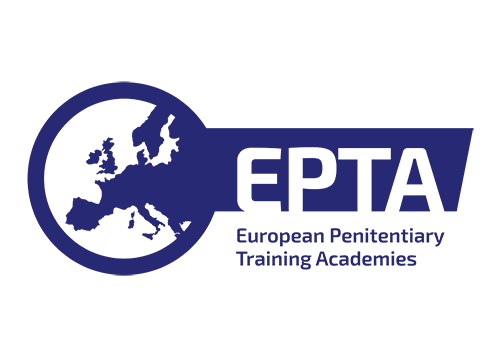 European Penitentiary
European Penitentiary Training Academies Network
International law recognises the right of everyone, including prisoners, to have access to healthcare services. Overcrowding is an obvious cause of and contributing factor in many of the health issues in prisons, particularly infectious diseases and mental health issues. Closely connected to health care are improvements in hygienic conditions. Many institutions have unacceptable hygienic conditions. Drug dependency in prisons is also widespread, with regular drug use or dependence prior to imprisonment ranges between 16% and 79% in the EU according to the WHO. Prison can be an opportunity to help inmates address dependency and this can lead to significant reductions on risk for recidivism.
Prison populations have a disproportionately high rate of people suffering from mental health or behavioural problems, many pre-dating prison and others developing or worsening when inside due to poor conditions and lack of mental healthcare. At least 10-15% of prisoners in Europe have a significant mental illness, according to the World Health Organisation. In many countries, people with mental health problems who have not committed a crime or committed a minor offence are sent to prison, rather than given appropriate care. Responding to mental health problems in prison not only improves the quality of life of the individual prisoner and prison population in general but also for those working in the prison.
A higher prevalence of communicable diseases, such as human immunodeficiency virus (HIV), hepatitis B, hepatitis C, syphilis, gonorrhoea, chlamydia and tuberculosis, are found among people in prison compared with the general public. The increased prevalence of communicable diseases among people in prisons is recognised as a major risk for the health of both people living and working in prisons and for the general population. Proximity – aggravated by overcrowding, which is common in EU/EEA correctional facilities, high-risk sexual behaviour, injecting drug use, tattooing and piercing are the main risk factors linked with increased transmission. Active case finding is a key prevention measure to promote early diagnosis, treatment and to prevent further disease transmission and educating prisoners is a crucial part of this (EDCD, 2018).



Supported by the Justice Programme of the European Union